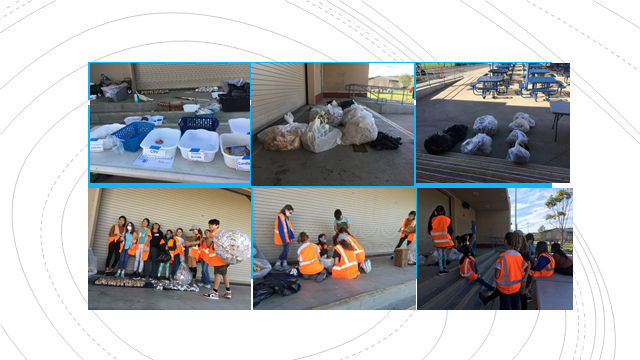Green Club Helps Divert Waste
- for social goods
- Feb 11, 2023
- 1 min read
Updated: May 3, 2024
Today, at the Ocean Air School lunch area, Green Club Team members worked with the BCK programs to maximize waste diversion to reduce organic waste and greenhouse gas emissions. BCK programs design, create and implement educational programs related to environmental issues at local schools that engage students to make meaningful changes at schools, and in communities. With the help of the DMUSD nutrition service program, BCK conducted a food waste audit to determine how much food was wasted and divert food waste and other organics from the waste stream. The main goal of the audit is to help find ways to encourage students to eat their nutritious meals, not throw them away and comply with the requirements of California’s Short-Lived Climate Pollutant Reduction Law or Senate Bill 1383 (SB 1383). It is a statewide effort to reduce methane emissions by reducing organic waste disposal to landfills and addressing food insecurity in California.
Tables were set up at the audit station, used for separating food items from trays into buckets. Green Club Team members advised and helped students to separate the leftover food into "recyclable" green waste, “recyclable" waste, and "Non-recyclable" waste. "Recyclable" food waste includes burritos, pasta, rice, meat, chicken, food residues, milk, and paper tray. “Recyclable" trash includes forks, spoons, milk cartons, and plastic boxes, and "Non-recyclable" waste includes packaging aluminum foil etc.
Finally, these three waste categories were weighed and analyzed for the audit.



